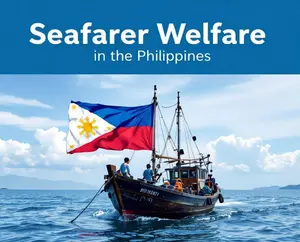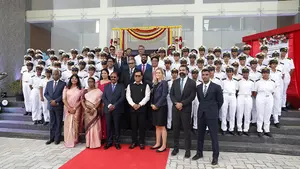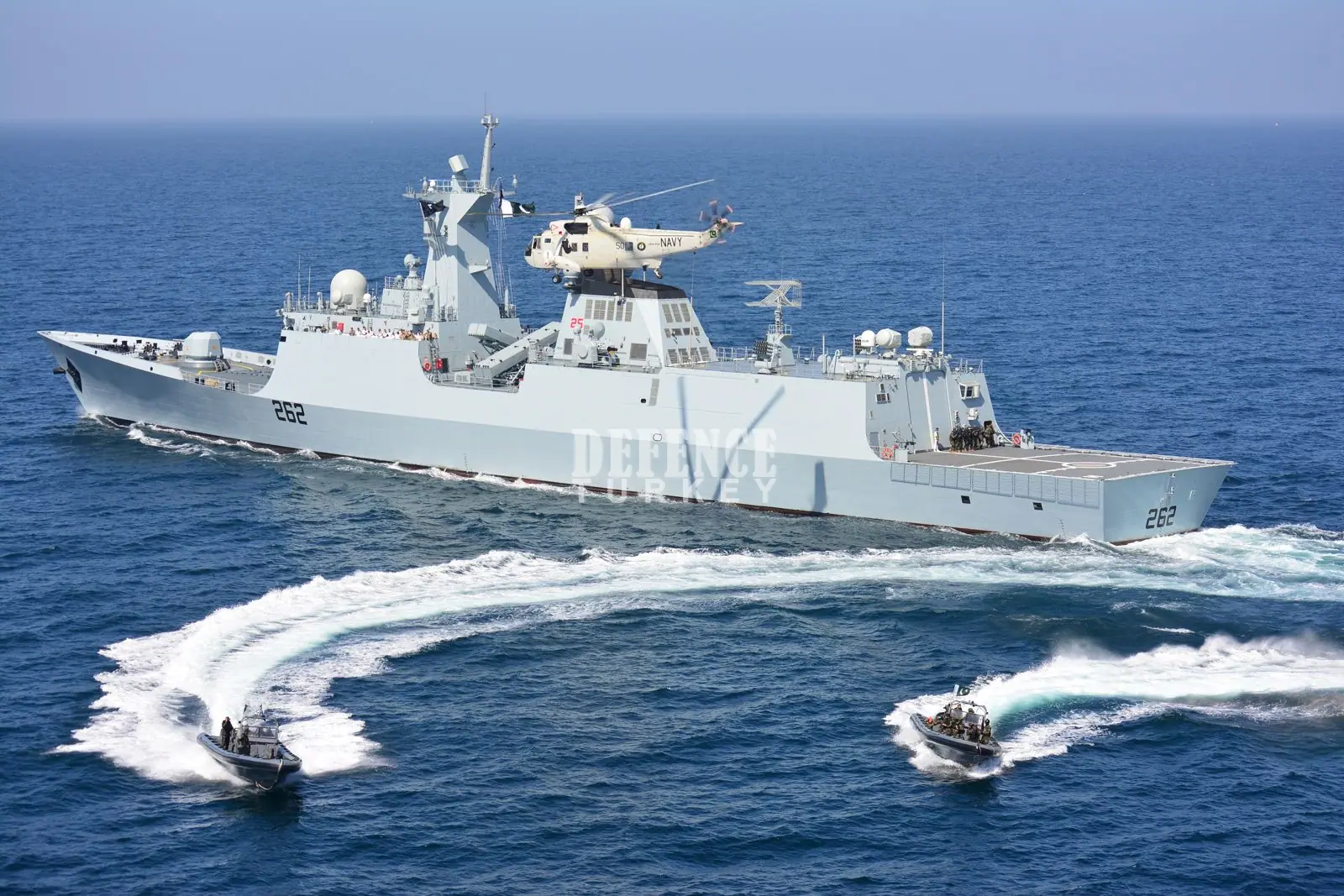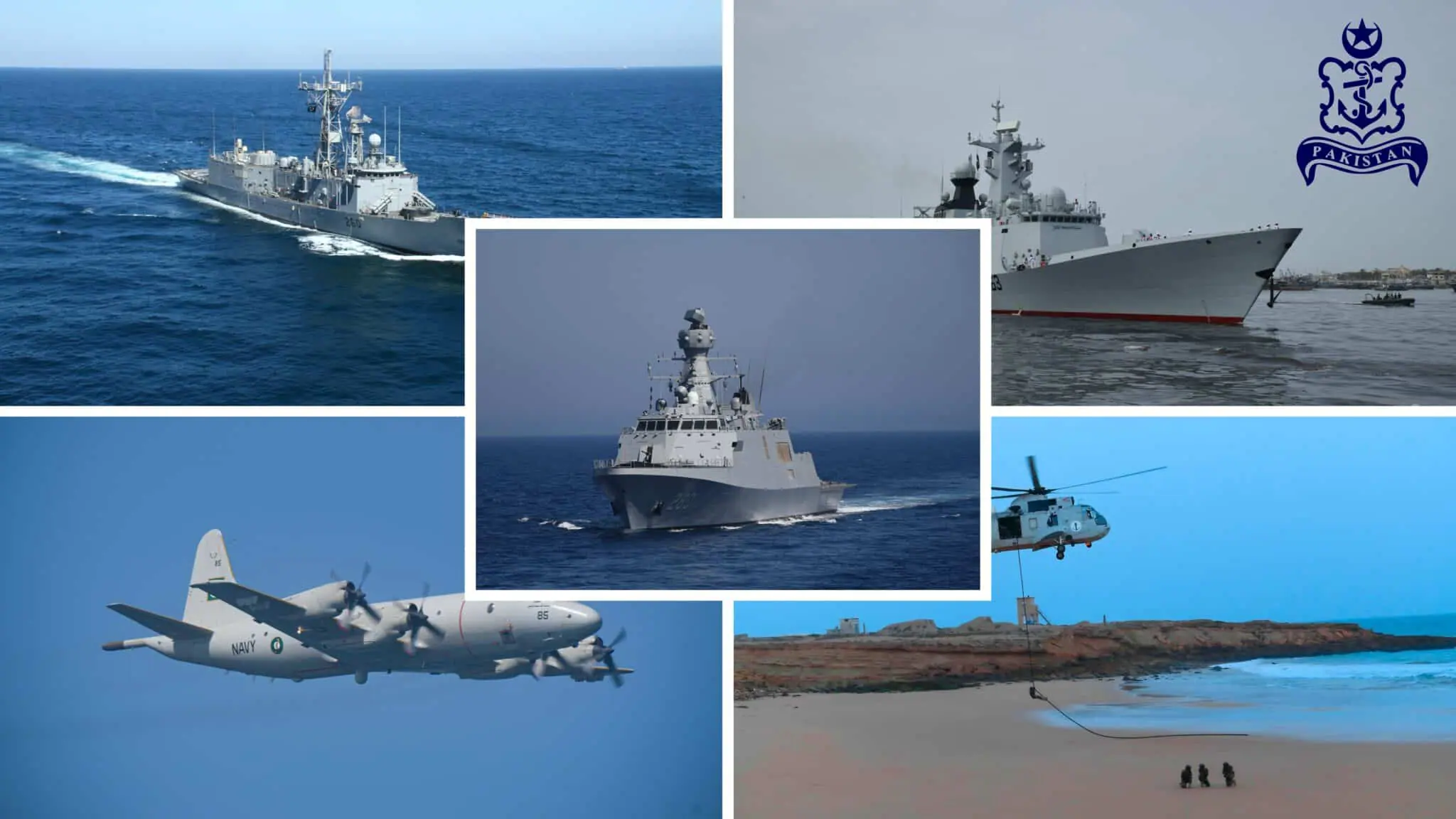Summary: Atlantic Piracy and Maritime Governance in the Gulf of Guinea
Current State of Piracy
Piracy in the Gulf of Guinea (GoG) has seen a decrease in reported incidents recently, yet it remains a critical security concern driven by persistent socio-economic challenges, particularly in oil-rich Nigeria. Despite improvements in onboard security measures and regional governance initiatives such as the Yaoundé Architecture for Maritime Security, the underlying causes of instability— including poverty, unemployment, and corruption—continue to fuel maritime crime. This report emphasizes the need for sustained vigilance from maritime crews, as the threat of piracy, now often referred to as armed robbery, extends beyond Nigeria to neighboring nations, including Benin and Ghana.
Historical Context
The crisis of piracy in the Gulf of Guinea has evolved from opportunistic actions to complex operations often fueled by regional instabilities. Although maritime incidents have historically been concentrated along the Nigerian coast, the shifting dynamics have seen an escalation of attacks across various territorial waters in West Africa. Criminal enterprises have diversified their tactics, from illegal oil bunkering to kidnappings for ransom, often linked to broader socio-political grievances against multinational oil corporations.
Root Causes of Piracy
The enduring factors contributing to piracy include endemic poverty, weak law enforcement, and competing security challenges such as terrorism and drug trafficking. Many coastal communities view piracy as a means of survival in the face of limited economic opportunities. This is compounded by systemic corruption within law enforcement and legal institutions, which allow pirate groups to operate with relative impunity.
Regional and International Response
Recent collaborative efforts between local governments and international partners, such as the development of the Yaoundé Code of Conduct, have demonstrated some success in reducing piracy incidents. These frameworks aim to enhance information-sharing and joint operations among regional navies. Nonetheless, the effectiveness of these strategies is hampered by funding dependencies and the need for harmonized legal frameworks to prosecute offenders, with only a few successful prosecutions reported in recent years.
Recommendations for Improvement
To sustainably combat piracy, several key recommendations have been outlined:
-
Enhanced Regional Cooperation: Strengthening collaborative frameworks and information-sharing mechanisms is essential to track and respond to maritime threats more effectively.
-
Targeting High-level Criminal Actors: Focusing on the financiers and facilitators behind piracy operations is crucial to dismantling criminal networks and reducing their operational capabilities.
-
Promoting Alternative Livelihoods: Programs designed to build sustainable economic opportunities in coastal communities can help curb the allure of piracy.
-
International Support for Regional Initiatives: Continued backing from international bodies like the EU is necessary to bolster security frameworks and invest in technological advancements that enhance maritime monitoring and response.
In conclusion, addressing piracy in the Gulf of Guinea requires a multifaceted approach that not only tackles immediate security challenges but also addresses the deeper socio-economic issues driving maritime crime. Sustained collaboration among regional governments, civil society, and international partners remains vital for the long-term success of counter-piracy efforts.





